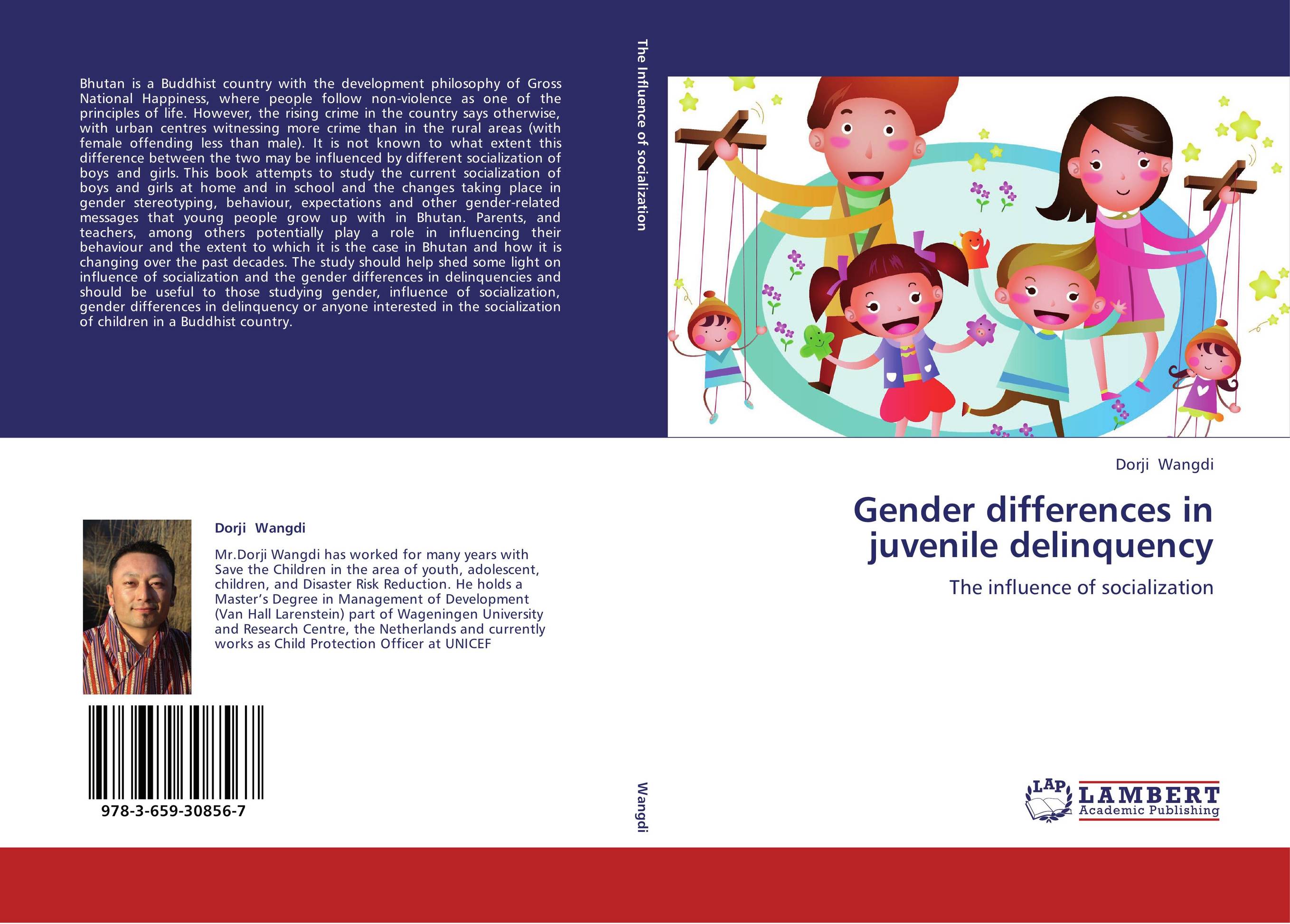| Поиск по каталогу |
|
(строгое соответствие)
|
- Профессиональная
- Научно-популярная
- Художественная
- Публицистика
- Детская
- Искусство
- Хобби, семья, дом
- Спорт
- Путеводители
- Блокноты, тетради, открытки
Gender differences in juvenile delinquency. The influence of socialization

В наличии
| Местонахождение: Алматы | Состояние экземпляра: новый |

Бумажная
версия
версия
Автор: Dorji Wangdi
ISBN: 9783659308567
Год издания: 2013
Формат книги: 60×90/16 (145×215 мм)
Количество страниц: 184
Издательство: LAP LAMBERT Academic Publishing
Цена: 44234 тг
Положить в корзину
| Способы доставки в город Алматы * комплектация (срок до отгрузки) не более 2 рабочих дней |
| Самовывоз из города Алматы (пункты самовывоза партнёра CDEK) |
| Курьерская доставка CDEK из города Москва |
| Доставка Почтой России из города Москва |
Аннотация: Bhutan is a Buddhist country with the development philosophy of Gross National Happiness, where people follow non-violence as one of the principles of life. However, the rising crime in the country says otherwise, with urban centres witnessing more crime than in the rural areas (with female offending less than male). It is not known to what extent this difference between the two may be influenced by different socialization of boys and girls. This book attempts to study the current socialization of boys and girls at home and in school and the changes taking place in gender stereotyping, behaviour, expectations and other gender-related messages that young people grow up with in Bhutan. Parents, and teachers, among others potentially play a role in influencing their behaviour and the extent to which it is the case in Bhutan and how it is changing over the past decades. The study should help shed some light on influence of socialization and the gender differences in delinquencies and should be useful to those studying gender, influence of socialization, gender differences in delinquency or anyone interested in the socialization of children in a Buddhist country.
Ключевые слова: Gender, family, Parents, schools, Youth, Gangs, behaviour, socialization, discrimination, Teachers, Rehabilitation, Counselling, Migration, Buddhism, Police, crime, Traditional, Influence, Delinquency, values, adolescent, Substance abuse, juvenile, stereotyping, Victim, daughter, peer pressure, Son, Bhutan, Responsibilities, Expectation, Boy, Girl, conflict with law, alcohol and drug



